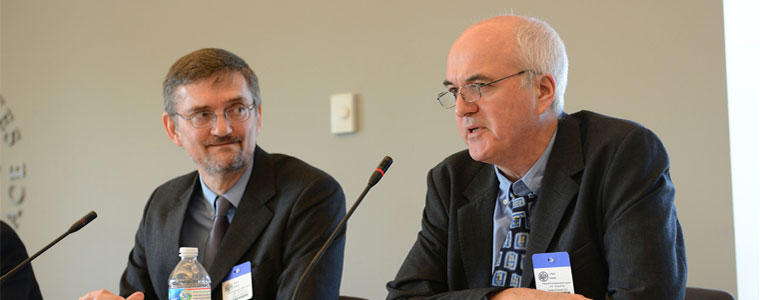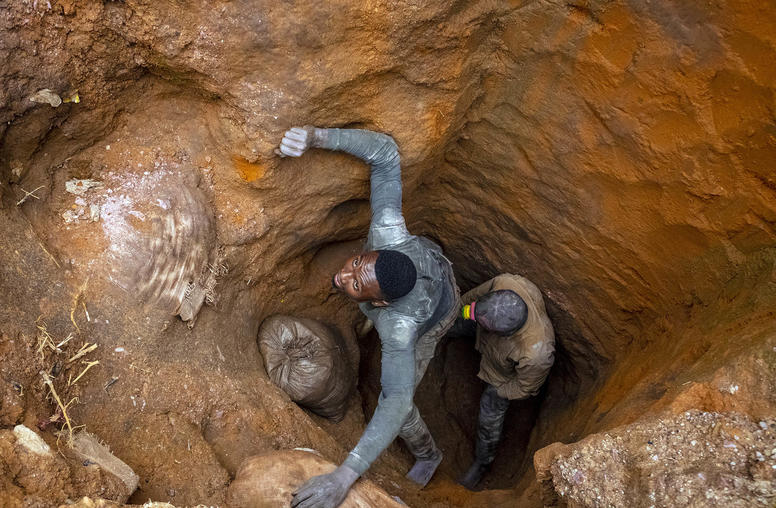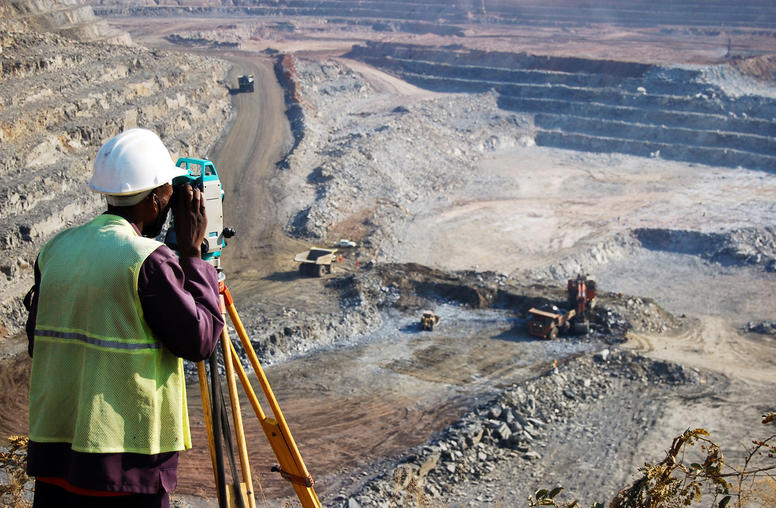Applying Peace Economics in Dangerous Places
Creating a sound economic policy and a stable macroeconomic framework is essential to societies recovering from violent conflict, yet few practitioners have the background needed to apply economic concepts effectively.

Creating a sound economic policy and a stable macroeconomic framework is essential to societies recovering from violent conflict, yet few practitioners have the background needed to apply economic concepts effectively. USIP’s new publication titled “Peace Economics: A Macroeconomic Primer for Violence-Afflicted States” provides a concise but broad overview of practical ways that sound macroeconomic fundamentals could be used to build stability in states that are affected by violent conflict.
The discussion extends beyond economic principles into the wider realm of social reconstitution, social contract, and social capital. Co-authors, Jurgen Brauer and J. Paul Dunne, examine recent case studies and illustrate the applicability of concepts presented in the book.
Speakers
- Jurgen Brauer, Professor of Economics,
James M. Hull College of Business, Augusta State University - J. Paul Dunne, Professor of Economics,
School of Economics, University of Cape Town
Discussants
- Clare Lockhart, Co-Founder and CEO,
The Institute for State Effectiveness - Todd Moss, Vice president for Programs and Senior Fellow,
Center for Global Development
Moderator
- Raymond Gilpin, Director of Sustainable Economies,
U.S. Institute of Peace



